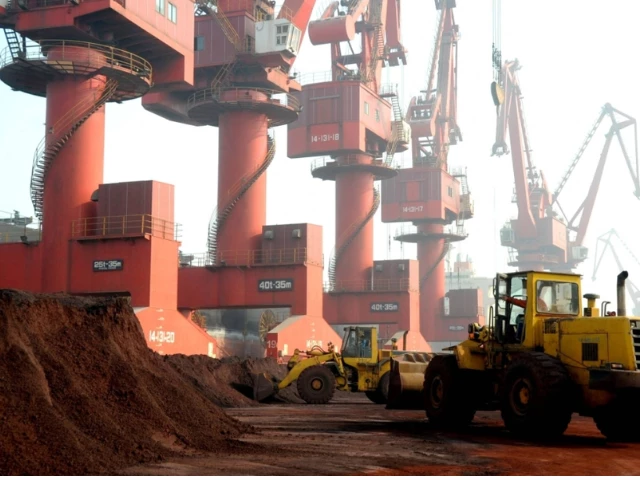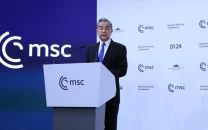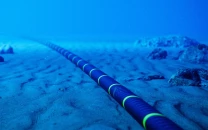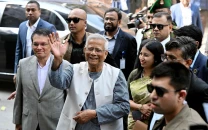China halts rare earth exports
Automakers and chipmakers could face severe shortages as magnet exports halted

China has halted exports of critical minerals and rare earth magnets in response to rising trade tensions with the United States, threatening global supply chains for electric vehicles, semiconductors and military hardware.
The move comes as part of Beijing’s retaliation against US President Donald Trump’s new tariffs introduced this month.
Industry sources said that Chinese customs have blocked the shipment of six heavy rare earth elements and associated magnets from ports across the country.
Exporters must now apply for special licences to ship the materials abroad, but China has not finalised a process for granting the permits. This has triggered fears of long-term disruption among global manufacturers who rely on Chinese supply.
“The timing and depth of the crash suggest that a very sudden closure of account positions was initiated without sufficient warning or notice,” said John Patrick Mullin, co-founder of MANTRA, a real-world asset tokenisation firm also affected by the rare earth shortage.
Rare earth magnets are essential for electric motors in cars, drones, and advanced military systems. China currently accounts for over 90% of global magnet production and nearly all heavy rare earth refining, including materials like dysprosium oxide, used in high-temperature applications.
“Does the export control or ban potentially have severe effects in the US? Yes,” said Daniel Pickard, who chairs the US government’s critical minerals advisory committee.
Michael Silver, CEO of American Elements, said his firm had stockpiled materials ahead of the dispute, but warned that prolonged delays in licensing could still strain global inventories.
While the Chinese Ministry of Commerce has not officially commented, the new export rules are being enforced inconsistently across various ports. Some ports are still allowing exports of magnets with negligible amounts of heavy rare earth content—so long as shipments are not destined for the United States.
American defence contractors are especially concerned.
“Drones and robotics are widely considered the future of warfare,” said MP Materials CEO James Litinsky. “And based on everything we are seeing, the critical inputs for our future supply chain are shut down.”
MP Materials runs the only operational rare earth mine in the US, Mountain Pass in California, and is set to launch magnet production for General Motors by year-end.
China’s latest curbs echo a brief 2010 embargo imposed on Japan during a diplomatic dispute. Many Japanese firms maintain rare earth stockpiles to this day, but most American companies do not, citing costs.
The impact of China’s move may be disproportionate. Rare earth magnets represent a minor portion of Chinese exports, but their importance in US and European manufacturing means even limited disruptions could ripple across industries.
Xi Jinping previously signalled the strategic weight of the rare earth sector during a 2019 visit to JL Mag’s factory in Ganzhou, a key supplier to Tesla and BYD.
Field visits last week to Jiangxi province, home to the world’s richest heavy rare earth deposits, suggested some mining activity may have resumed after a years-long pause due to pollution concerns.
The export freeze, now in full effect, underscores how geopolitical tensions are reshaping global access to materials critical to both energy transition and national security.
























COMMENTS
Comments are moderated and generally will be posted if they are on-topic and not abusive.
For more information, please see our Comments FAQ